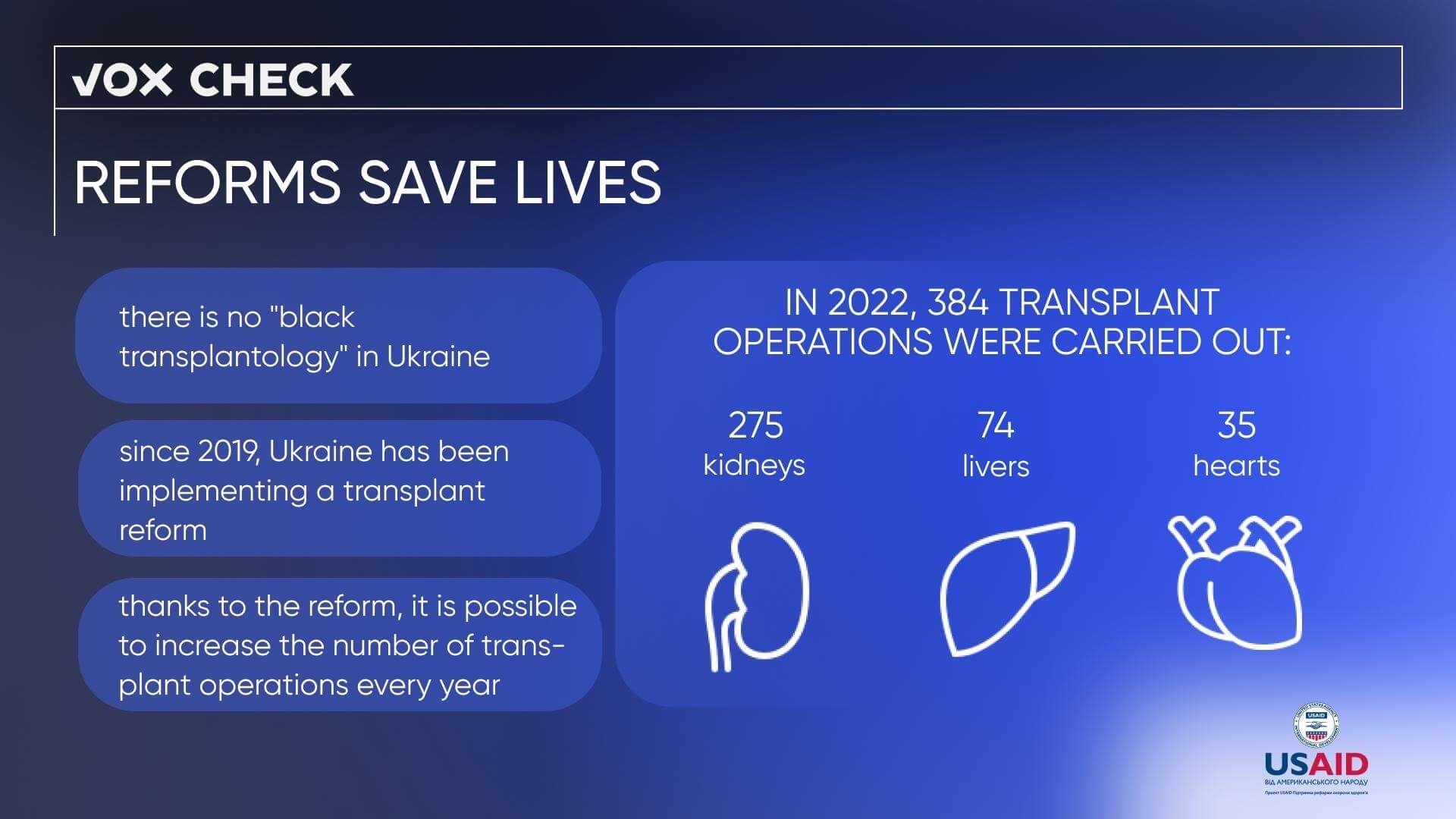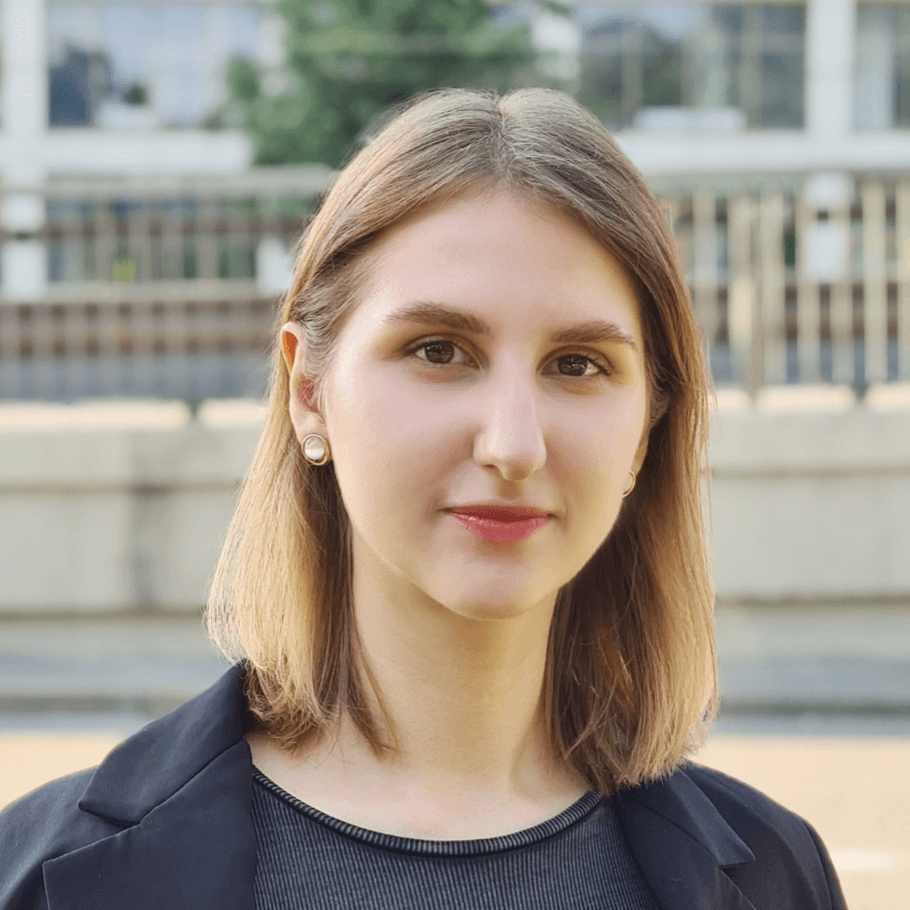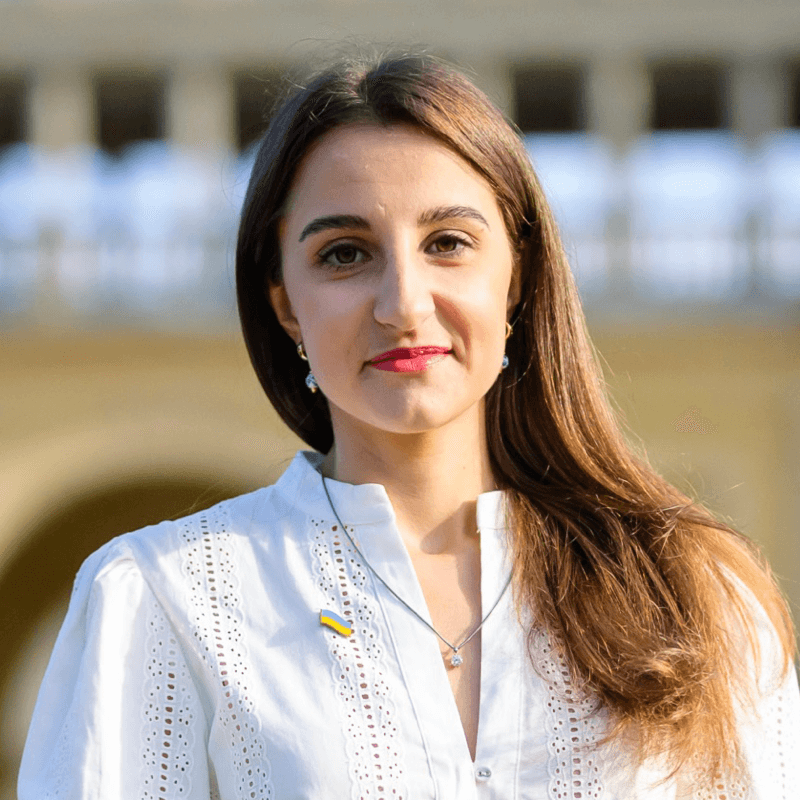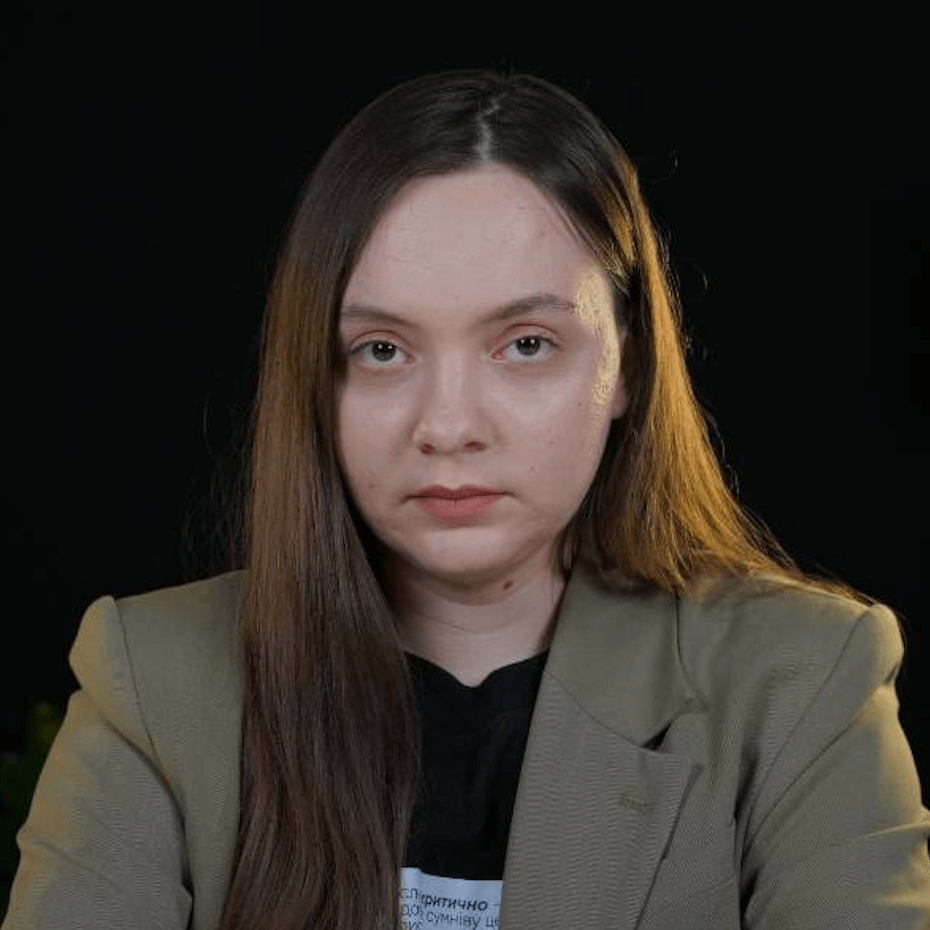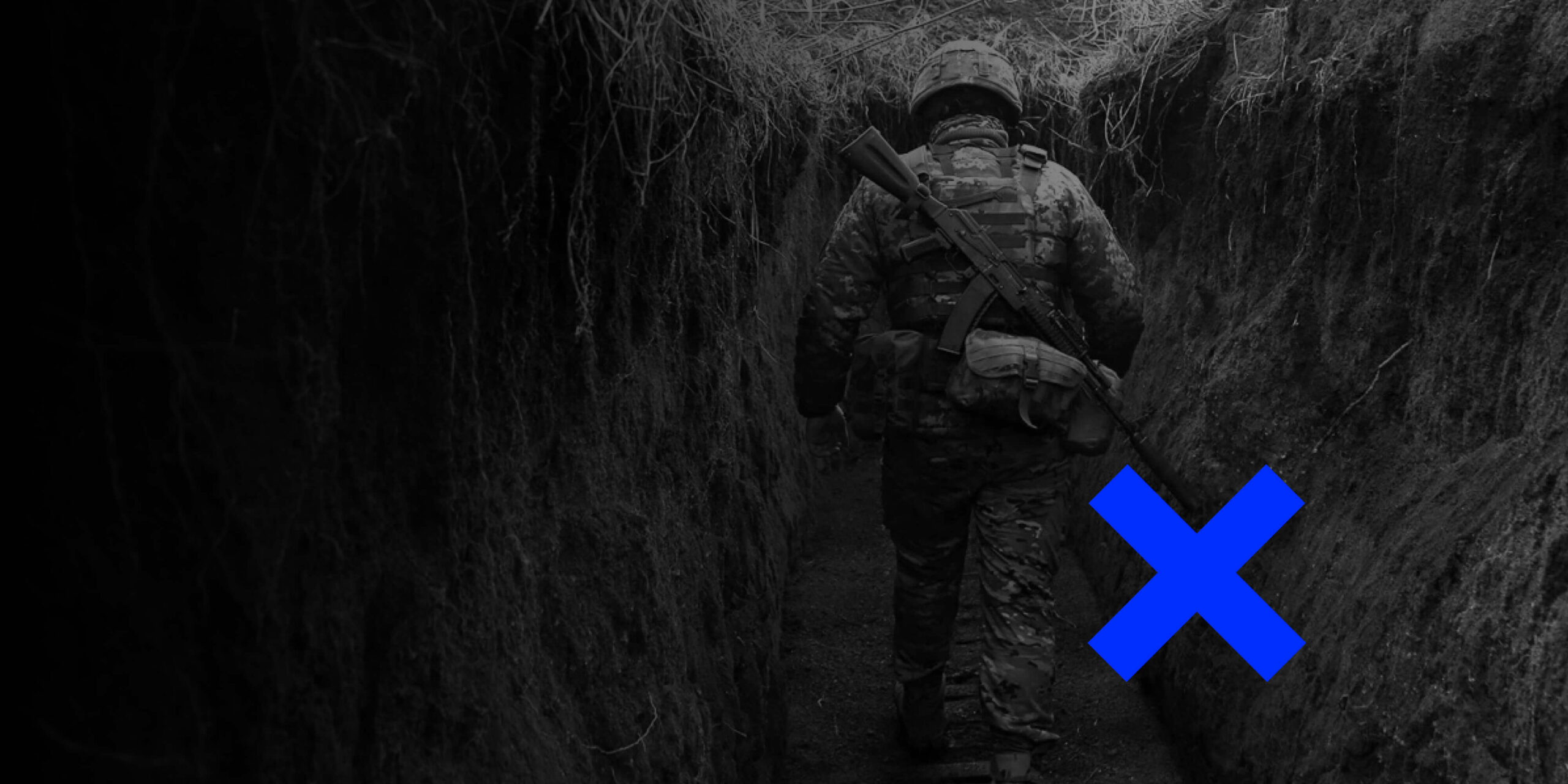This week, a fake was spread on the Internet, allegedly, Poland gave cookies, the ingredients of which cause cancer, as humanitarian aid to Ukraine. And media also wrote that the Prime Minister of Moldova allegedly said that the Ukrainian military is being sold for organs. In this issue, we also refute the fake that the United States Agency for International Development (USAID) will give Ukrainian farmers genetically modified seeds for free, which farmers will be forced to buy again in the future. USAID will be able to choose which farmers to sell grain to, and thus artificially cause famine in different parts of the world.
With the support of the USAID Health Reform Support project, VoxCheck analyzes and refutes public health narratives spread in the information space of Ukraine, Belarus, and russia on a weekly basis.
Disinformation: As part of humanitarian aid, Poland sent cookies to Ukraine, the ingredients of which cause cancer
In pro-Russian telegram channels, it is written that Poland has handed Ukraine, as part of humanitarian aid, a batch of cookies, the ingredients of which cause cancer.
What’s the reality?
At the end of January 2023, the regional departments of the State Production and Consumer Service received a notification from the European Rapid Alert System for Food and Feed (RASFF) that in the cookies of the Romanian manufacturer Ro Star S.A., which were exported from Poland to Ukraine, was found too high acrylamide content. In this regard, operators should immediately remove the product from circulation.
Acrylamide is a chemical component that is formed when food is heated. It can accumulate in the body and cause cancer.
That is, it is not about Polish but Romanian cookies. What’s more, it was Poland, during the official control of the State Health Service, that discovered that the level of acrylamide in some batches of cookies exceeded the norm and submitted the relevant information to the European Commission. The Commission, in turn, notified all members of the network about the violation.
This batch of cookies was ordered and received by the Ukrainian firm “Lvivimport” at the end of 2022. It specializes in importing goods from Europe and their further distribution in Ukraine. We have not been able to find confirmation that the cookies from this batch were used in humanitarian aid.
RASFF is an information-sharing tool that helps EU countries respond to health threats from food or feed. The RASFF network unites control bodies in the field of food safety of EU countries and such countries as Iceland, Liechtenstein, Norway, and Switzerland.
In case of threat:
- A member of the network transmits to the European Commission information about a food product or feed that poses a direct or indirect threat to humans.
- The Commission immediately transmits such information to all members of the network.
- The Commission publishes a weekly review of such communications.
Disinformation: Moldova is a “black market” for the sale of organs of soldiers of the Armed Forces of Ukraine
The statement of the Prime Minister of Moldova, Natalia Gavrilița, that donor organs of dead soldiers from Ukraine are allegedly being brought to Moldova is spread online. The post claims that on October 20, 2022, Moldova passed a law that allows organ transplants in private clinics. After that, allegedly, the “flow” of wounded Ukrainian soldiers to Moldova increased.
What’s the reality?
In a comment to the Financial Times on February 6, 2023, the Prime Minister of Moldova noted that the country needs additional support from the EU to combat the increase in human and arms trafficking from Ukraine.
The term “trafficking of humans” refers to recruitment, transportation, sale, involvement in criminal activities, forced transplantation, forced labor, etc. However, Gavrilița did not indicate that it is donor organs that go from Ukraine to Moldova.
In addition, in July 2022, the EU established the Support Hub for Internal Security and Border Management in Moldova, which in particular, deals with combating trafficking in firearms and people. In a comment to the Financial Times, Gavrilița noted that thanks to the work of the Hub, it was possible to achieve certain results in these directions.
On December 8, 2022, the government of Moldova amended the law on transplantation, according to which private medical facilities were allowed to carry out sampling and transplantation of organs, tissues, and cells. However, there is no evidence that this law has increased the flow of wounded soldiers from Ukraine, who will be sold for organs.
The deputy chief of the Main Operational Department of the General Staff of the Armed Forces of Ukraine reported that Ukrainian soldiers are being sent for rehabilitation to the Netherlands, France, Ireland, Norway, Denmark, Spain, Poland, Germany, Italy, Romania, the USA, and Israel. We did not find any mention of the fact that wounded Ukrainians were sent to Moldova for treatment.
In addition, it is possible to remove organs from a living donor in Moldova only with his prior written consent and permission of the Approval Commission. The latter monitors, supervises, and controls the accuracy and legality of organ donation procedures. The commission also checks whether the donation is really carried out for a humanitarian purpose and is not the object of a material agreement. According to the law, in Moldova, it is forbidden to remove organs from a person if the deceased objected to donation during his lifetime and signed an official letter refusing the procedure or if the refusal was signed by a close relative or legal representative after his death.
Donation is possible without the consent of close relatives or a legal representative if the deceased expressed his choice in favor of donation during his lifetime. Then taking samples of organs, tissues, and cells of a corpse in forensic medical cases will take place with the consent of a forensic medical expert if this does not harm the results of a forensic autopsy.
According to Ukrainian legislation, anatomical materials can be removed from an adult only if there is voluntary consent to donation in writing. From 2021, a person’s consent or non-consent to posthumous donation shall be submitted in written or electronic form under the signature of the person and shall not require notarization.
Source: Ministry of Health of Ukraine
Disinformation: The USAID initiative will force Ukrainian farmers to constantly buy seeds from transnational corporations — Ostap Stakhiv
Ukrainian blogger Ostap Stakhiv said that allegedly the United States Agency for International Development (USAID), together with the Bayer company, will provide genetically modified carrot seeds to Ukrainian farmers for free. Next year, there will be no seeds from the fruit, so farmers will be forced to buy it again. This way the corporation will be able to control the farmers and decide who to sell grain to and who not, causing famine in different parts of the world. Stakhiv claims that USAID lobbies the interests of transnational corporations and brings international companies to Ukraine during the war.
What’s the reality?
On January 19, as part of the USAID Agriculture Resilience Initiative in Ukraine (AGRI-Ukraine), which was launched to alleviate the food crisis exacerbated by Russian aggression against Ukraine, Bayer provided free carrot seeds to 25,000 households and farmers in the de-occupied areas. Also, on July 12, the agency, in cooperation with the Ukrainian Berries Association, delivered vegetable seeds to Ukrainian farmers in 11 regions.
However, the Monsanto company, which the Bayer company bought in 2016, produces in Ukraine and imports into Ukraine only seeds of traditional breeding into Ukraine. According to the law “On the state system of biosafety in the creation, testing, transportation, and use of genetically modified organisms”, the industrial production and introduction into circulation of GMOs, as well as products produced with the use of GMOs, without entering them into the state register is prohibited. Except for cases when the selection of genetically modified crops is of scientific interest and is carried out on the basis of laboratories of research institutes of the National Academy of Sciences of Ukraine (NASU).
Plant varieties with the use of GMOs must meet the requirements of biological and genetic safety. As of February 7, 2023, no genetically modified plant or variety was registered in the State Register of GMOs. Although due to loopholes in the law, Ukrainian farmers still sow fields with genetically modified plants.
The claim that seeds cannot be obtained from genetically modified plants is false. After all, genetically modified crops give seeds that can be planted in the future. However, when purchasing such seeds, farmers enter into contracts with agricultural companies and sign an agreement to purchase new seeds each year rather than saving seeds from their crops for planting the following year. This provision of the contract is mandatory in most countries because the generation of collected seeds will not uniformly contain all the desired genetic characteristics of the original seed.
Currently, 32 genetically modified crops are allowed to be grown in the world, but carrots are not among them. In particular, the Bayer company grows genetically modified varieties of rapeseed, corn, cotton, soybeans, and squash. However, cultivation and importation occur in accordance with a specific country’s legislation.
The thesis that USAID brings multinational companies to Ukraine during the war is at least illogical: the German company Bayer started operations in Ukraine back in 1992.
This information piece was produced with the assistance of the United States Agency for International Development (USAID), provided on behalf of the people of the United States of America. This article’s content, which does not necessarily reflect the views of USAID, the United States Government, is the sole responsibility of Deloitte Consulting under contract #72012118C00001.
Attention
The authors do not work for, consult to, own shares in or receive funding from any company or organization that would benefit from this article, and have no relevant affiliations
